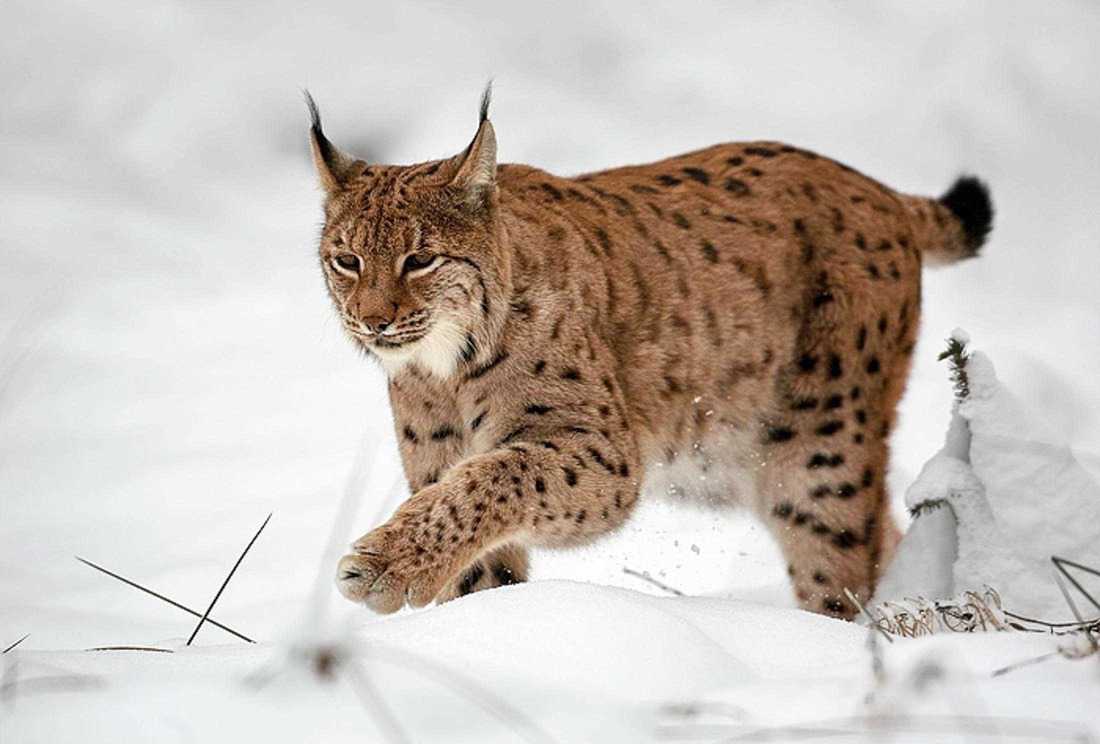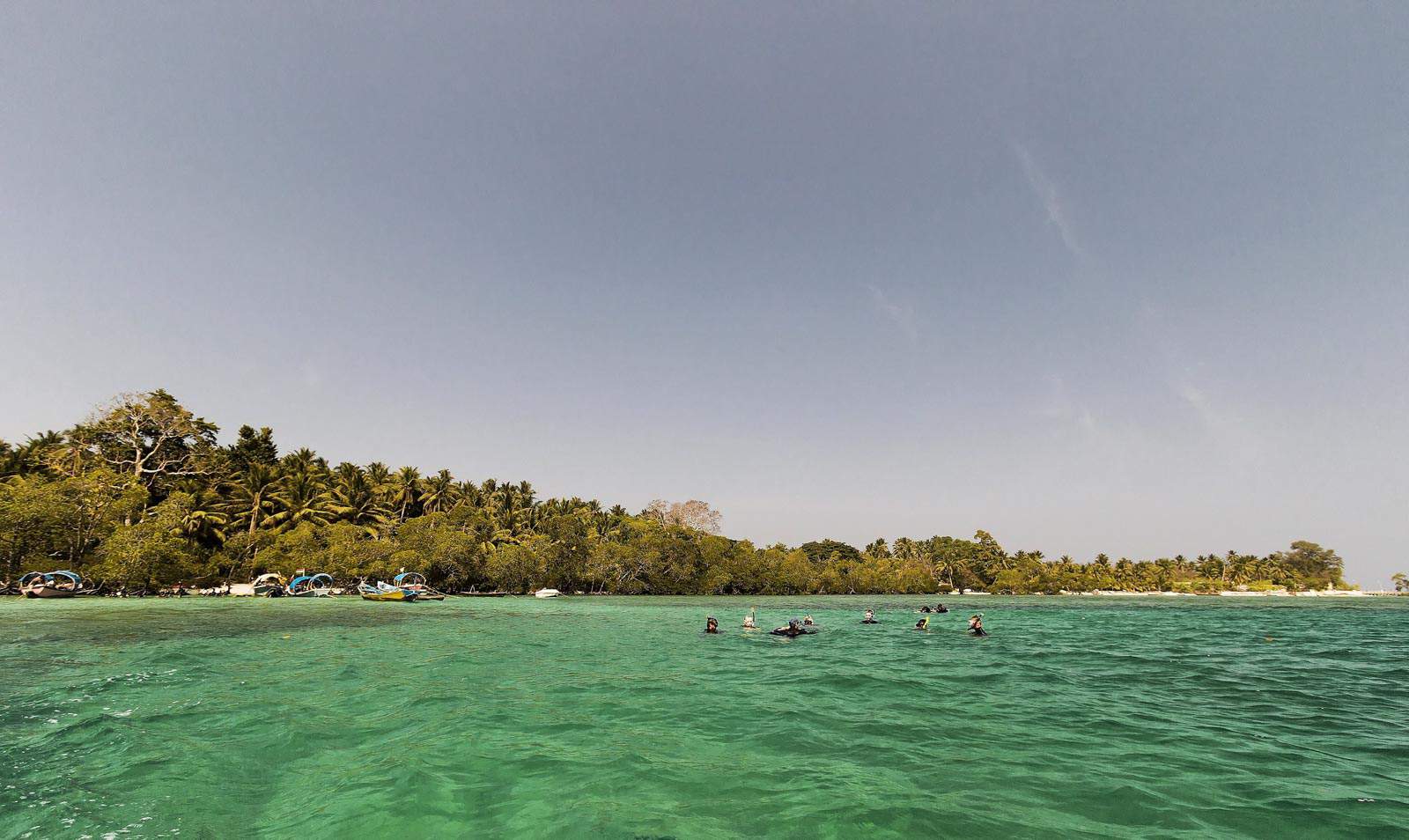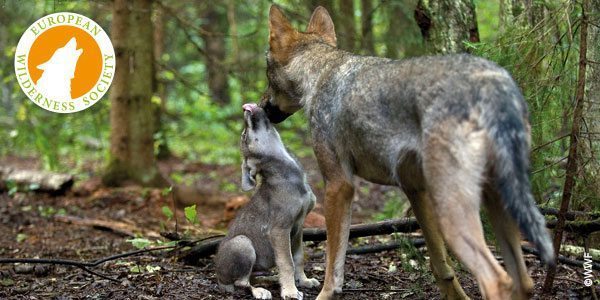Karpathos frog is Europe’s rarest
Did you know that Europe’s most endangered frog lives on just one island in the Mediterranean?
The Karpathos frog (Pelophylax cerigensis) is endemic to on small Greek island of Karpathos in the South Aegean Sea. Here, its range is restricted to just two small rivers in the north of the island. According to locals, it used to be present across the island. Now, however, its populations have become more restricted and far from human habitation. It therefore experiences double isolation – living in habitat “islands” on an island. As there are so few individuals, scientists do not know much about its ecology. However, like most frogs, it mainly feeds on insects and spiders.
Karpathos frog – isolated and endangered
Due to its fragmented range, the Karpathos frog is classed as “Critically Endangered” by the IUCN. It is highly vulnerable to habitat loss, especially the degradation of aquatic environments. This is becoming more likely due to increased pollution, draining of wetland areas for agriculture and tourism. Although not a tourism hotspot, Karpathos’ “hidden gem” status may mean more visitors and more infrastructure projects to accommodate them. The frog’s small population may also make it especially susceptible to other threats. Climate change strongly affects the Mediterranean region, which is experiencing fewer rainfalls. This is drying out the landscape and the Karpathos frog’s habitat with it.
How can we protect this seriously rare frog? As a Critically Endangered species, regular monitoring of its population is required, but no specific protection programmes are in place. However, as part of the LIFΕ-IP 4 NATURA project, WWF and the National and Kapodistrian University of Athens have assessed threats to the Karpathos frog and drawn up an action plan on its protection. A vital part of this is habitat conservation, which includes cleaning and restoring waterways the frog calls home. However, full protection of the Karpathos frog’s habitat is necessary to ensure its survival.








